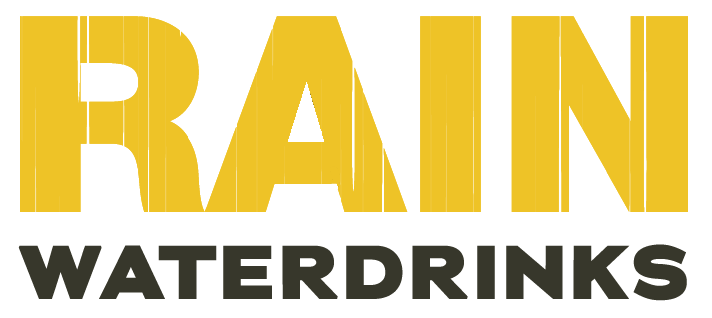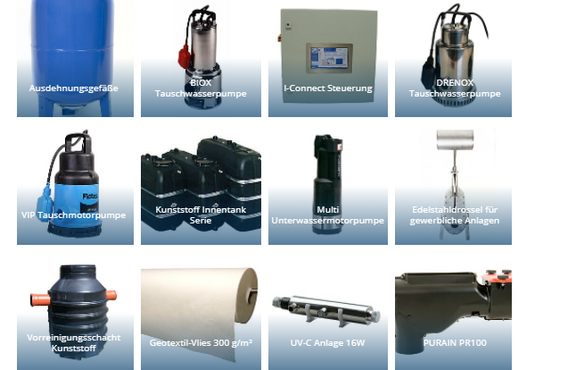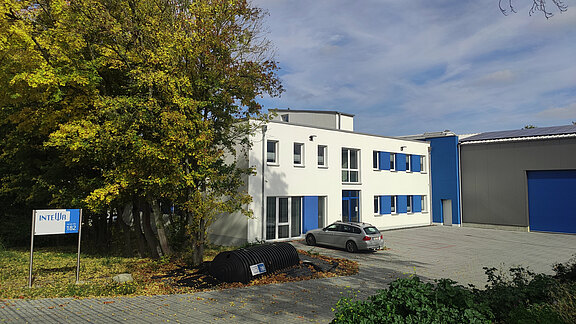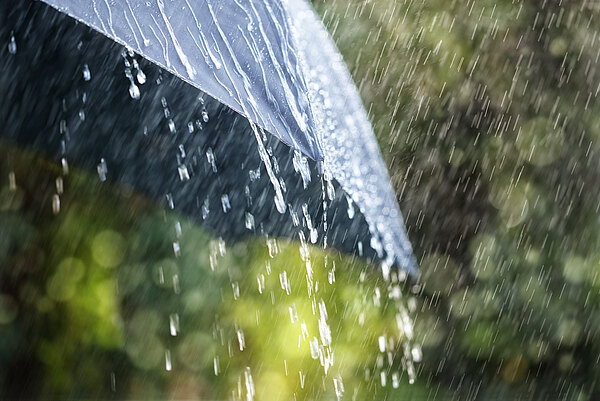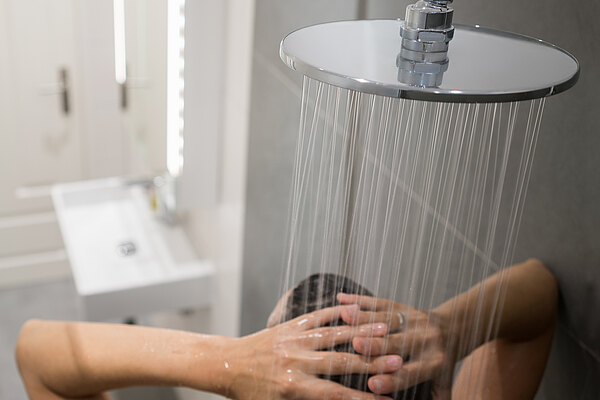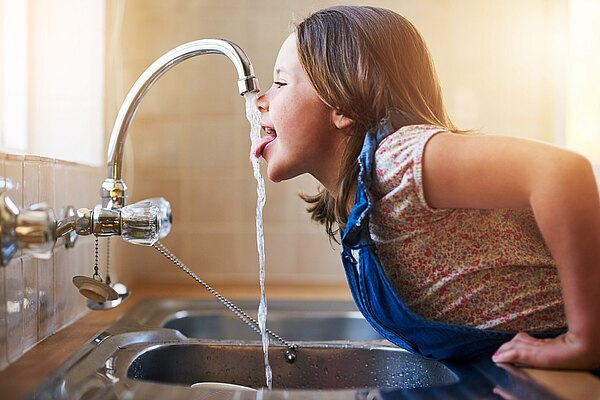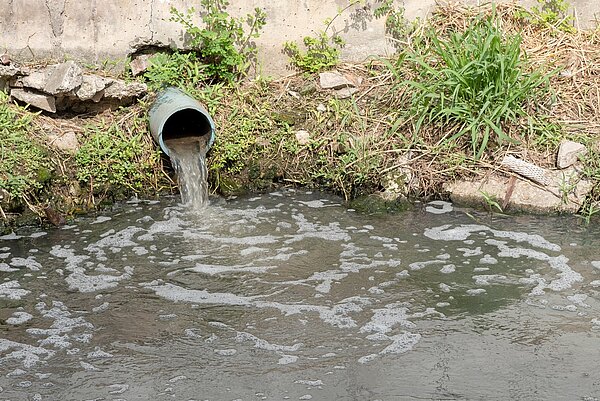New ways of water treatment in municipalities
Water reuse in municipalities is becoming increasingly important as water resources become scarcer and pressure on drinking water supply systems increases. This practice refers to the treatment and reuse of water for various purposes in order to reduce the consumption of fresh water.
Municipalities are using a variety of technologies to purify wastewater and make it reusable for non-drinking water purposes. Advanced treatment processes such as membrane filtration, UV treatment and disinfection eliminate pollutants and pathogens from wastewater and make it safe for irrigation, industrial processes or toilet use.
Integrating water reuse into urban development
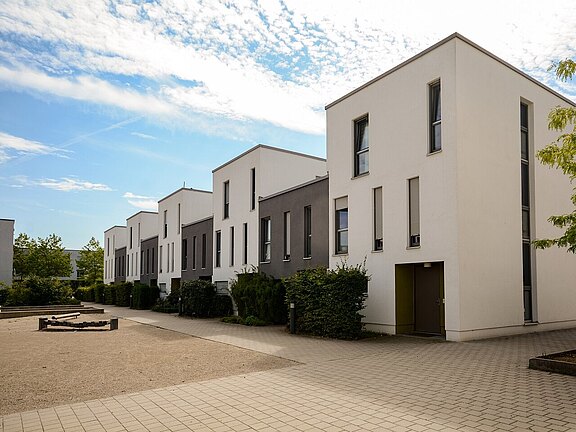
Implementing water reuse in urban development requires careful planning, investment in infrastructure and adherence to strict quality standards. Municipalities develop guidelines and regulations to ensure the safety and health of citizens while minimizing the environmental impact.
In addition to the technical side, raising public awareness also plays an important role. Educational programs and campaigns inform about the benefits of water reuse and encourage citizens to actively participate.
Water reuse offers a sustainable solution to the growing water crisis in urban areas. It helps to reduce dependence on limited drinking water resources, relieve the burden on the environment and strengthen the resilience of communities to water scarcity. A holistic approach to water reuse is crucial to ensure a sustainable and future-proof water supply in municipalities.
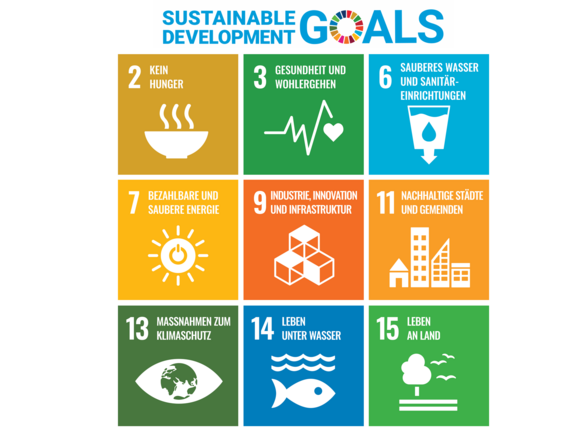
Sustainable Development Goals of the United Nations
After many years of intensive negotiations, all United Nations member states have committed to transforming the global economy in a climate-friendly way. The GREEN Deal should even lead to investments in the European Union of at least 1 trillion euros by 2050. euros by 2050. The 17 Sustainable Development Goals describe what needs to be done in concrete terms.
However, at least 9 of these can never be achieved without sustainable water management.
You can find more information on our page on the sustainable goals at INTEWA.

